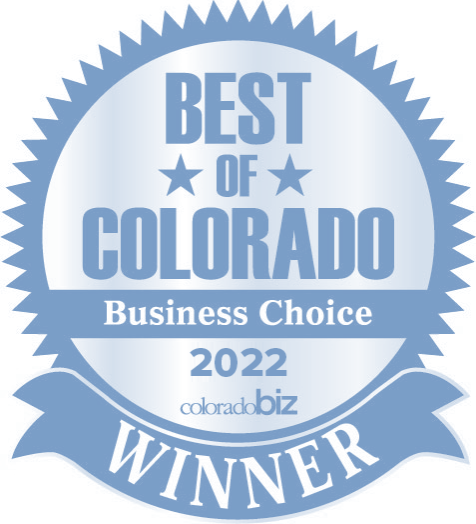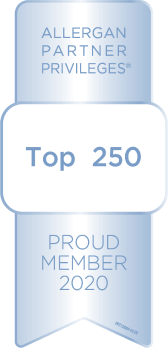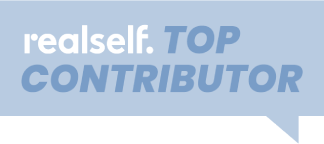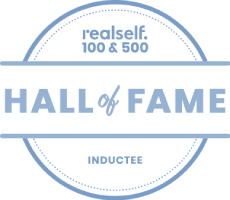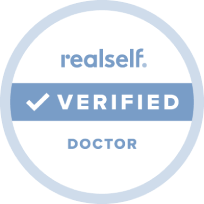Rhinoplasty is complex surgery, whether your goal is a different appearance, better breathing or both. A personal consultation will help you decide if rhinoplasty is right for you and help you decide which surgeon is right to perform your procedure. Your prospective surgeon will ask lots of questions during the consultation, but did you know you can ask lots of questions about them as well? A consultation should be a two-way interview. The most desirable surgeons are willing to patiently and clearly answer every one of your questions until you are satisfied that you understand the answers.
Some Questions You Can Answer on Your Own
Information about surgeons you are considering is available in a few places. Conduct a little research of your own before your consultation so that you can ask questions if anything is unclear.
Training and Experience
Be sure to do some research that will tell you about a surgeon’s medical education, additional training, certifications, honors, etc. But it may not uncover certain details, such as specialized experience with your type of procedure. You can also find patient reviews and ratings online – read as many as you can to get a broad picture about the surgeon’s results and “bedside manner.”
Patient Results
Before and after photos are essential to help you learn what is possible and what realistic results may look like for your nose. However, the most important photos are those of your prospective surgeon’s own patients, so be sure to check out that section of their website.
Questions to Ask During Your Consultation
A personal consultation with a surgeon can be exciting, scary, or confusing. There is a lot of information to gather and understand when you’re making a decision as big as undergoing surgery (like rhinoplasty). It’s a good idea to bring a list of questions so that you don’t forget to ask anything important. Below are some questions to add to that list.
What is your experience performing the specific type of procedure(s) I am considering?
Many plastic surgeons perform a wide variety of procedures. So although they may do nose jobs, they may not do them all that often. Like the rest of us, surgeons get better with practice and they learn from each procedure, too. So the number and frequency of their rhinoplasty procedures matters a great deal.
Are you board certified?
To become certified, surgeons must undergo a rigorous testing and evaluation process. It’s voluntary but certification indicates true commitment to the profession and to professional excellence in treating patients. Rhinoplasties are usually performed by Ear, Nose & Throat (ENT) specialists, plastic surgeons or facial plastic surgeons. Dr. Jeffrey Raval is both an ENT and a Facial Plastic and Reconstructive Surgeon, and he is board certified in both.
Where will my procedure take place and is it an accredited facility?
Patient safety should always come first. A surgical facility that is accredited by a state or national accrediting agency follows the highest standards of sanitation and other protocols.
Am I a good candidate for this procedure?
Why, or why not? If so, what techniques will you use to perform the procedure?
What are the risks and possible complications?
Every surgery comes with risks. Knowing what they are and the likelihood of their occurrence will help you make a well-informed decision.
What results can I realistically expect?
Ask if there are more before and after photos you can review of patients who had the same procedure(s) you are considering, and discuss them with the surgeon.
How long will recovery take?
What will I have to do, what help will I need, and how will your team support me post-procedure?
Will my breathing be affected from rhinoplasty?
Depending on the reason for your procedure, you may want your breathing to be affected so that it improves. If this is the case, ask about how much long-term improvement you can expect. For both corrective and cosmetic procedures, ask about any short-term breathing difficulty you might experience during your recovery.
How long will it take for swelling to subside?
This will depend on the specifics of your procedure, but it’s important to know.
Do you perform open or closed rhinoplasty?
It is important to know what technique your plastic surgeon plans to use, because it could affect visible scarring. Closed rhinoplasty leaves no visible scars because incisions are made only inside the nose. (At Raval Facial Aesthetics, Dr. Jeff Raval does not perform open rhinoplasties.)
What is the cost of my rhinoplasty?
Ask what is included in the estimate (and what is not, so you don’t have any surprise costs). Will the procedure be covered by insurance? For example, the facility fee and anesthesia fee are paid separately at Raval Facial Aesthetics.
When will my splints and cast be removed?
This also depends on the specifics of your procedure -- you may not have a cast, for example. Ask in detail about what to expect following your surgery, but know that you will also be provided complete written instructions and a chance to review them with your team before you head home.
Will I be under general anesthesia or just sedated?
Again, this is a very important question because the type of sedation used can affect your safety as well as your comfort. Most plastic surgeons use general anesthesia.
How long does the procedure take?
You may be curious how long it will take to perform your actual surgery, but you will also need to know how long you will be there overall, from arrival to going home, since you’ll need someone to drop you off and pick you up.
Getting to Know You
In addition to gathering facts, your personal consultation is important for psychological reasons. You want to choose a surgeon who has the credentials and experience to produce the results you’re hoping for. But be sure to choose a surgeon who makes you feel comfortable -- someone you can be open and honest with about your concerns and aesthetic aspirations as well as your medical history, lifestyle factors and other personal details that could affect your eligibility for surgery as well as your recovery and results.
In fact, the whole clinical team and environment should make you feel welcome and cared for in every way. These are the people who will determine whether or not you have a positive rhinoplasty experience. With the right team by your side, you can be confident going into surgery and that can help you recover faster and more comfortably afterward.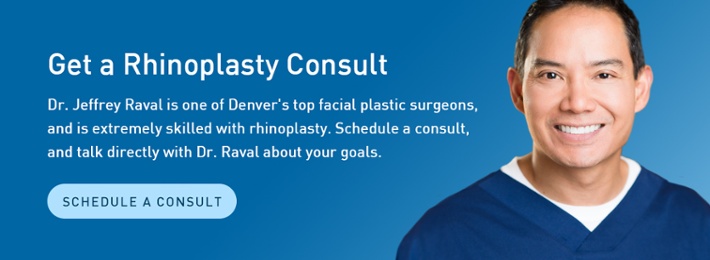
- Acne
- Botox/Dermal Fillers
- Browlift
- Chemical Peels
- Chin Augmentation
- Consultation
- Denver Facial Plastic Surgeon
- Deviated Septum
- Eyelid Procedures
- Facelifts/Necklifts
- Headaches/Excessive Sweating
- Healthy Living
- Laser Hair Removal
- Laser Treatments
- Latisse
- MedSpa
- Memberships
- Microdermabrasion
- Nasal Valve Collapse
- Non-Surgical Procedures
- Rhinoplasty
- Skin Care
- Thread Lifts
- Wrinkle Treatments

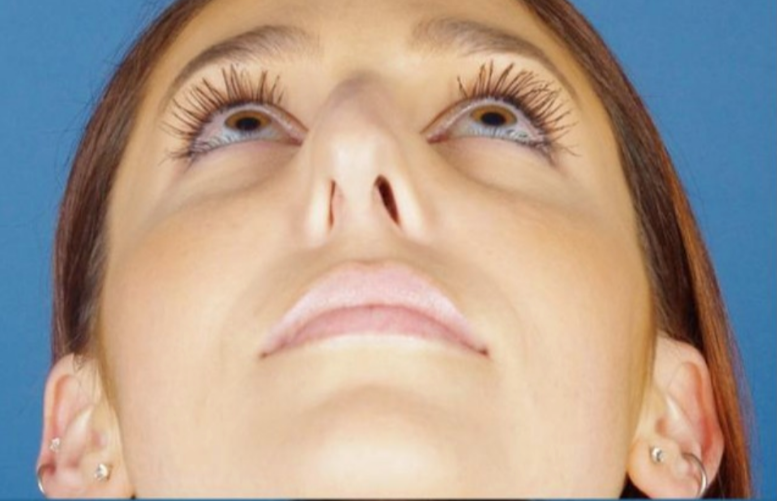
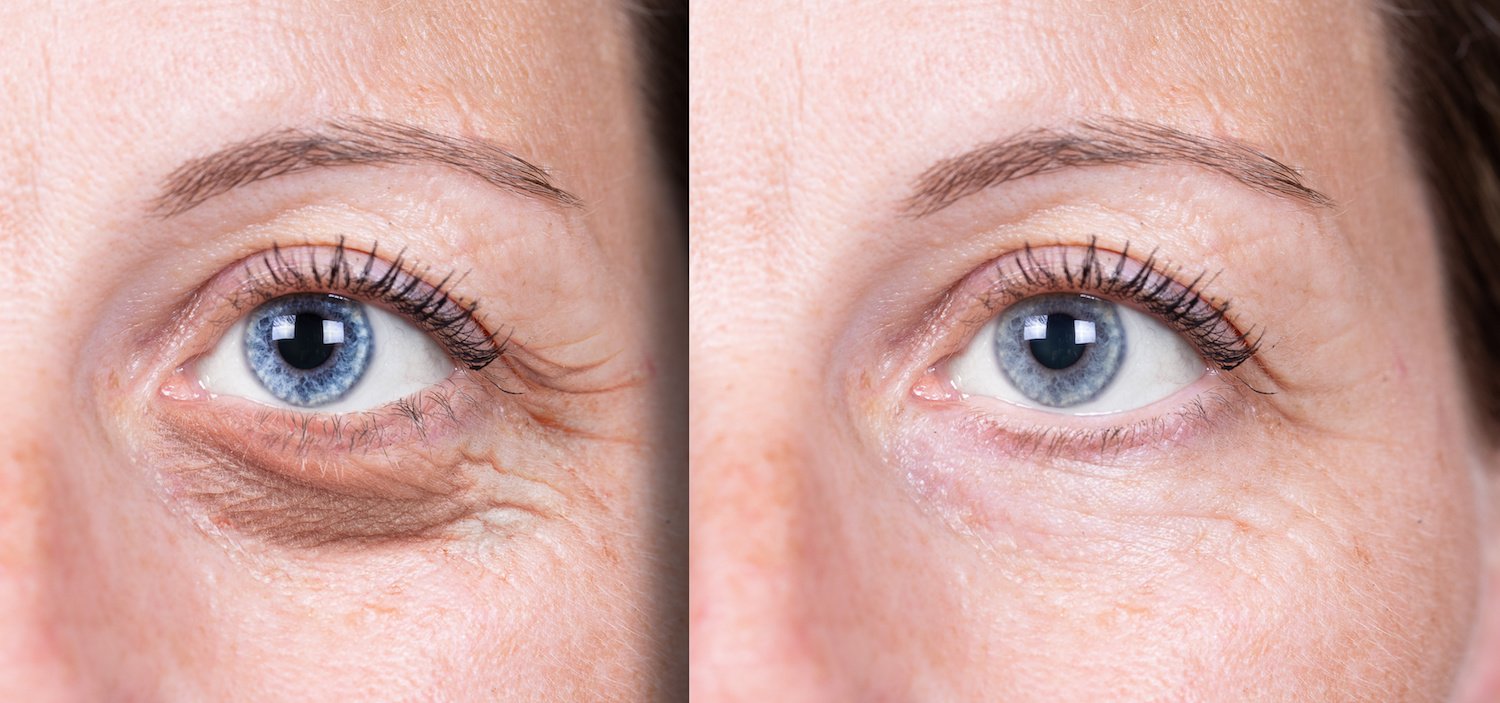
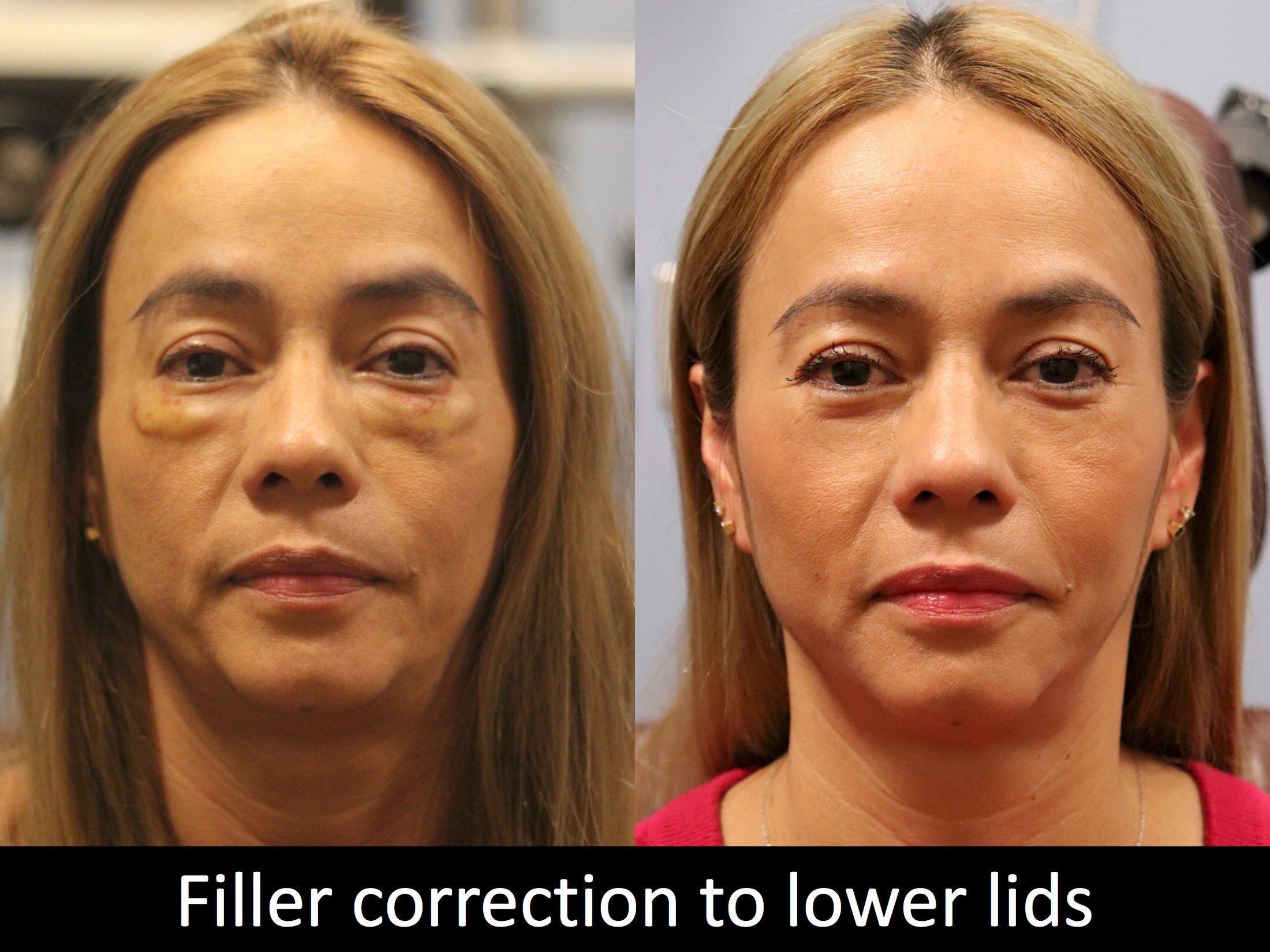
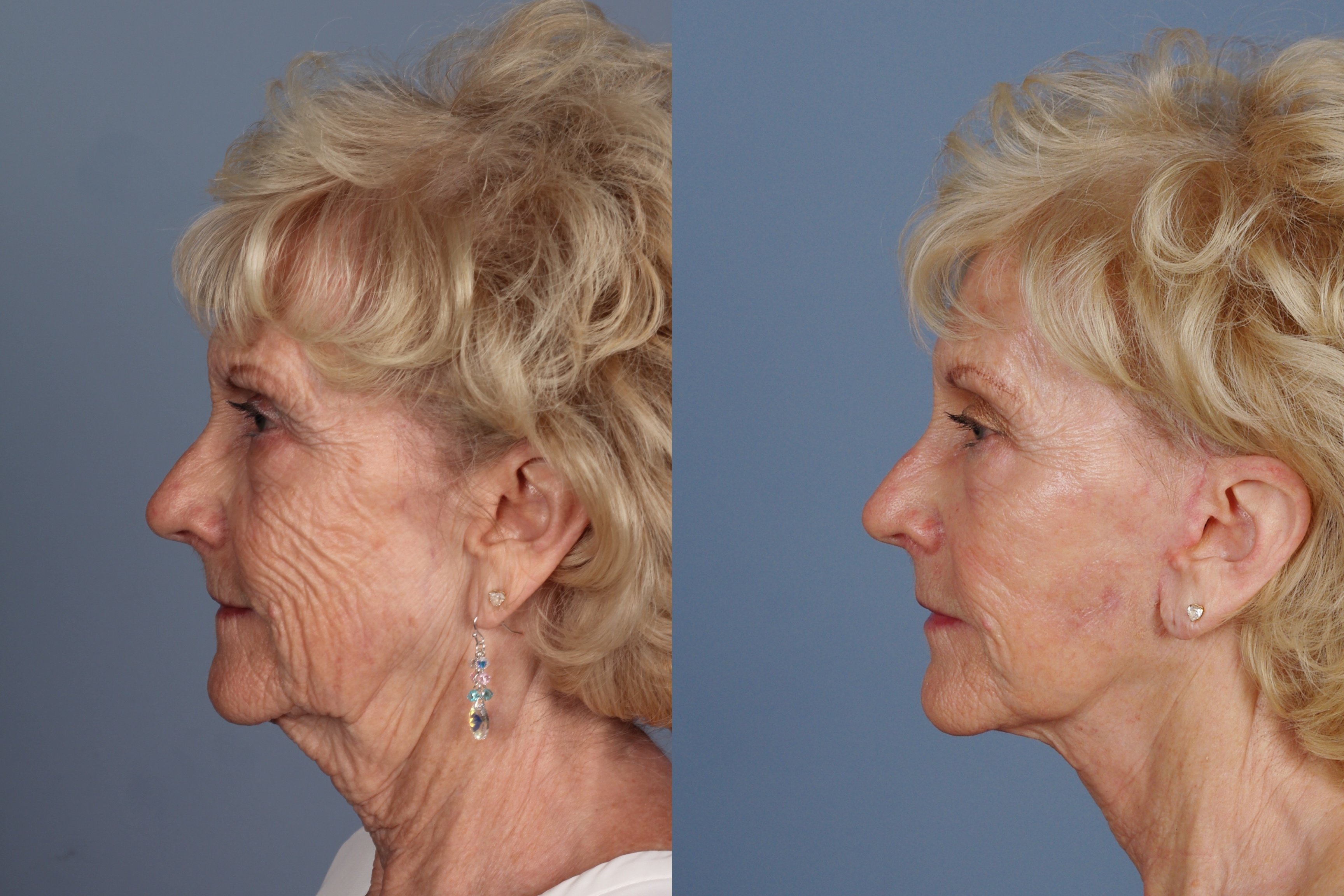
.jpeg)

